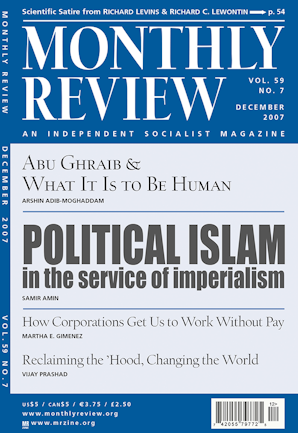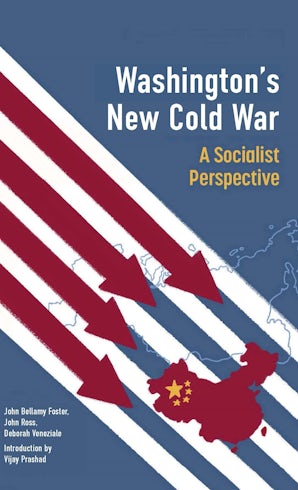Also in this issue
Books by Vijay Prashad
Washington's New Cold War
by Vijay Prashad, John Bellamy Foster, John Ross and Deborah Veneziale
Washington Bullets
by Vijay Prashad



